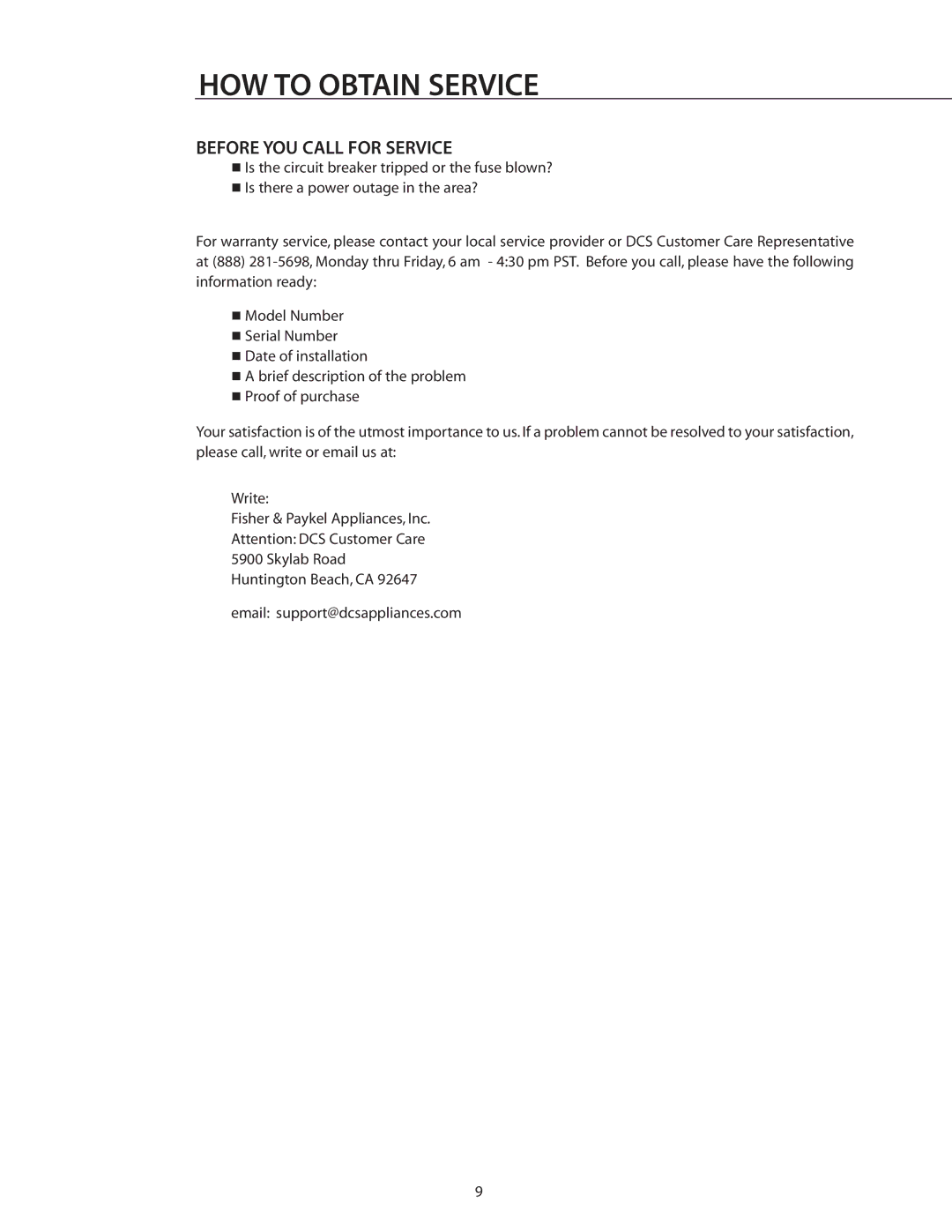VS1236, VS36, ES36, VS48, ES30 specifications
DCS (Distributed Control System) is essential in modern industrial automation, providing advanced control, monitoring, and data acquisition capabilities. In this article, we will explore several popular models within DCS, specifically the VS30, ES30, VS48, ES36, and VS36, comparing their main features, technologies, and characteristics.The VS30 is a versatile and compact DCS model designed for small to medium-sized facilities. It offers a user-friendly interface, making it easy to navigate and control various processes. One of its main features is its modular architecture, which allows for scalability and customization according to specific operational needs. The VS30 supports a range of protocols, ensuring compatibility with existing systems. Additionally, its real-time data processing capabilities enable quick response times, enhancing operational efficiency.
Next, we have the ES30, which takes automation a step further with its enhanced security features. Designed for industries with higher regulatory requirements, the ES30 introduces advanced cybersecurity measures, including encrypted communication channels and user authentication protocols. Its intuitive graphical interface is suitable for operators seeking greater situational awareness. Furthermore, the ES30 integrates machine learning algorithms to predict potential system failures, allowing operators to perform maintenance proactively.
Moving on to the VS48, this model distinguishes itself with its high capacity and advanced redundancy mechanisms. Ideal for large-scale facilities, the VS48 supports an extensive range of I/O modules, facilitating expansive monitoring capabilities across numerous processes. Its fault-tolerant design ensures minimal downtime by automatically rerouting processes in case of component failure. Additionally, the VS48 excels in data logging and analytical capabilities, offering detailed insights for process optimization.
The ES36 represents a balanced option, merging flexibility and cost-effectiveness. Its hybrid architecture allows it to function efficiently in both centralized and decentralized control environments. ES36 is particularly effective in industries requiring quick deployment and scale-up. Its robust data analytics tools empower users to make informed decisions based on real-time insights, optimizing resource allocation and minimizing waste.
Lastly, the VS36 is engineered for high-performance applications. It features advanced control algorithms that enhance precision in process management. The VS36’s user interface is customizable, enabling operators to design dashboards according to their specific needs. Additionally, its integration capabilities with IoT devices make it a future-ready solution for industries looking to leverage smart technology.
In conclusion, each DCS model—VS30, ES30, VS48, ES36, and VS36—offers unique features and technologies tailored to various industrial requirements. Whether it's compact versatility, advanced security, scalability, cost-effectiveness, or high-performance management, these systems present robust solutions for modern industrial challenges.
